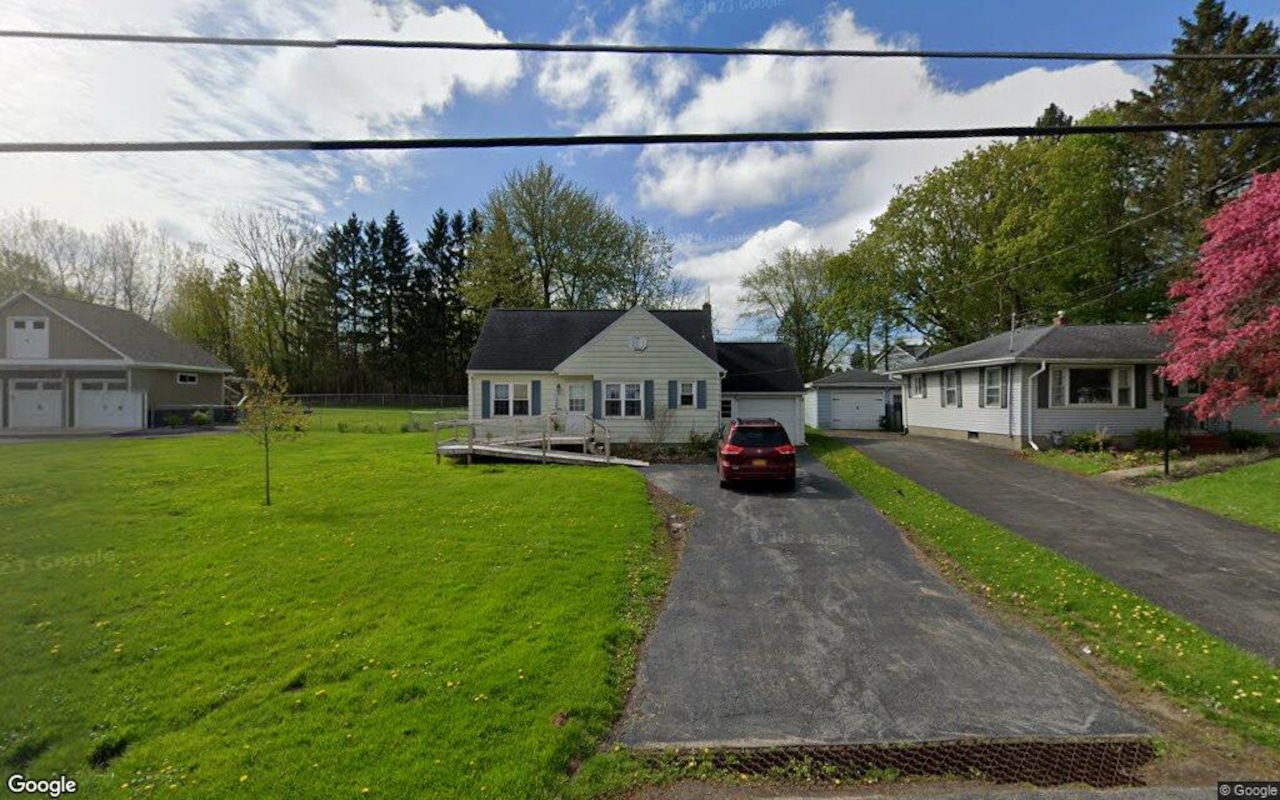I
n a bold move, US President Donald Trump has set his sights on the Gaza Strip, vowing to "take over" and transform it into a luxury destination. Dubbed the "Riviera of the Middle East," Trump's vision for Gaza is not just about geopolitics but also real estate, with his son-in-law Jared Kushner previously touting the potential of Gaza's Mediterranean waterfront.
However, energy politics may be driving Trump's decision more than meets the eye. The Gaza Marine reserves, a massive offshore gas field, have long been undeveloped due to instability in the region. But recent developments suggest growing interest in tapping into this resource: Hamas agreed to a US-brokered deal allowing gas exploration off Gaza's coast, while Israel granted exploration rights to Italian and UK-based firms.
Trump's takeover of Gaza could accelerate energy development in the region, fast-tracking its entry into the global market. Europe's desperate need for alternative gas sources has created an opportunity for the US to position itself as a dominant energy supplier, potentially weakening Russia's grip on European energy markets.
The stakes are high, with Trump's plan facing significant moral, legal, and practical challenges. International opposition to forced population transfers remains strong, and the unresolved question of Palestinian statehood poses a major diplomatic hurdle. Nevertheless, if successful, this strategy could deliver immense geopolitical dividends for Trump, paving the way for a broader Middle East economic alliance and a significant shift in the region's energy dynamics.
The Gaza Strip is not just a pawn in a larger game; it holds massive offshore gas reserves that could be a game-changer for global energy markets. With Europe scrambling to replace Russian gas, Trump sees an opportunity to position the US as a dominant energy supplier. But this plan is fraught with challenges, from international opposition to forced population transfers to the unresolved question of Palestinian statehood.
Trump's vision for Gaza goes beyond geopolitics; it's also about real estate and economic development. By eliminating Hamas and resettling Palestinians elsewhere, Trump aims to unlock Gaza's energy potential and create a new economic alliance in the Middle East. But this plan is not without its critics, with many questioning the morality and practicality of forced population transfers.
The world is watching as Trump attempts to execute one of the most complex foreign policy maneuvers in US history. Will Jordan and Egypt agree to Palestinian relocation? How will Russia respond to losing its European gas dominance? The Middle East desperately needs new thinking, but Trump's proposal has sparked controversy and raised questions about his credibility.















